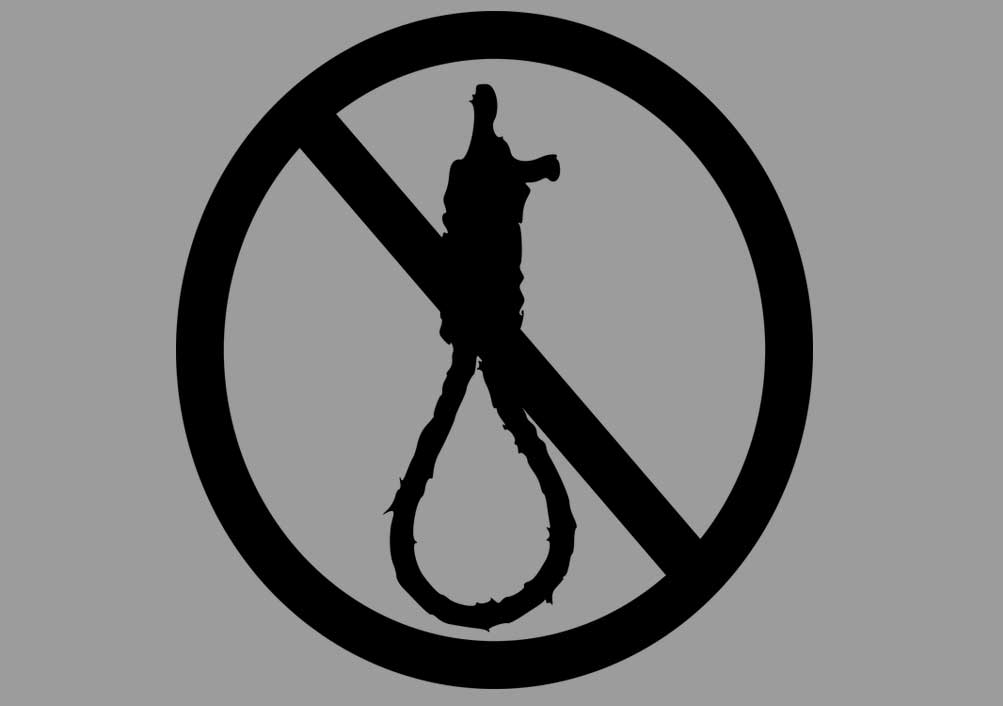One by one, African countries dismantle colonial-era death penalty laws

The New York Times
July 24, 2021: Lawmakers in Sierra Leone voted unanimously on Friday to abolish the death penalty, a momentous step that made the West African country the 23rd on the continent to prohibit capital punishment.
The decision was one more step in a long-sought goal of civil society organizations and legal practitioners who see the death penalty as a vestige of Africa’s oppressive colonial history.
“This is a horrible punishment and we need to get rid of it,” said Oluwatosin Popoola, a legal adviser at the rights group Amnesty International, a leading critic of capital punishment.
A vast majority of the 193 member states of the United Nations have either abolished the death penalty or do not practice it.
“It’s a dream come true in terms of criminal justice, to actually remove such a heinous penalty,” said Simitie Lavaly, a member of Sierra Leone’s Human Rights Commission and a lawyer who has represented people on death row.
Kanteh Yumkella, a lawmaker and former presidential candidate, called the decision “momentous.”
“I can tell you that we had to reflect on it quite a bit,” he said. “We thought of the political use of the death penalty, which has dogged us.”
He added: “We’ve had a history here where people have been charged with treason. Some have been hanged.”
The vote in Sierra Leone came against the backdrop of a steady march in Africa to discard brutal laws imposed by past colonial masters. In April, Malawi ruled the death penalty unconstitutional. In May of 2020, Chad did the same.
Nearly half of Africa’s 54 independent countries have abolished the punishment, more than double the number from less than two decades ago.
Disclaimer: This article was originally published by The New York Times.
Sign up for our weekly newsletter to stay up to date on our product, events featured blog, special offer and all of the exciting things that take place here at Legitquest.




Add a Comment